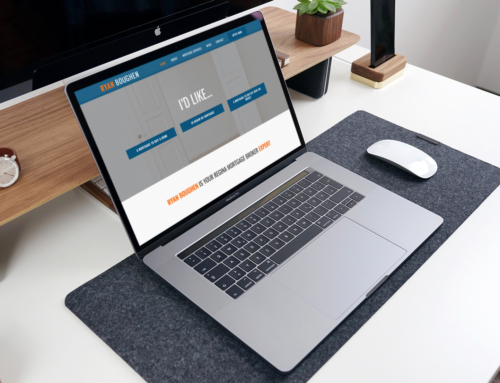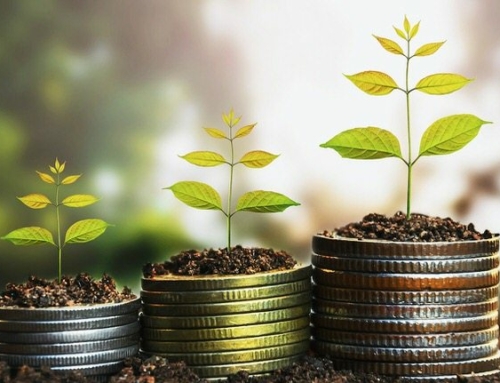A couple of days ago, a new article was published that gave warning about growing household debt levels in Canada.
This is not something new. But there was one thing that was particularly alarming.
Since 2007, Canada’s household debt to income ratio had the second biggest jump of any country other than Greece. Not the USA, not Russia. Only Greece.
The debt to income ratio is the amount of debt you owe relative to your gross (before tax) household income.
In Canada, the average ratio is 162. This means that for every dollar earned annually, the average person owes $1.62 to the bank or creditor.
Over the past 20 to 30 years, debt has become much more normalized in our society as interest rates have gone down. We are taught that loans are normal.
“You will have a car payment your whole life.”
“You should use your credit card when buying groceries so that you can build up points. Besides, using your credit card is free. As long as you pay it off at the end of the month, no big deal.”
And how are we supposed to know better? We don’t get formal training on how to handle money, loans, and budgeting when we are in school. We see what everyone else is doing as normal and think nothing of it.
We don’t realize that these “normal” decisions are delaying our big goals such as going on more vacations (using cash), buying a house, or ramping up retirement savings.
Our greatest wealth-building tool is our income. When our income goes to pay off credit cards and car debt, it cannot be used to build wealth.
A good rule of thumb for vehicles is that if they are cumulatively worth more than 50% of your annual income, or if you can’t get them paid off in two years, then it is probably time to sell and find something more affordable.
We hear a lot about being “house-poor”, but we hear little about being “car-poor”. If you want to be normal, keep the loan and lease payments on your cars.
If you want to change your financial lives, either get your vehicles paid off in two years or less, or look downgrade and get a smaller loan for your next vehicle that can quickly be paid off. Once it is paid off, start saving cash for your next vehicle and never borrow to buy a car again.
Your future self will thank you.








